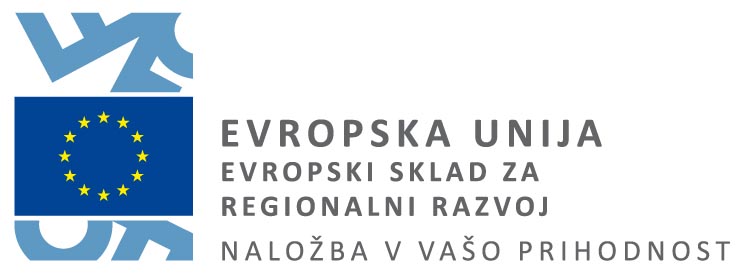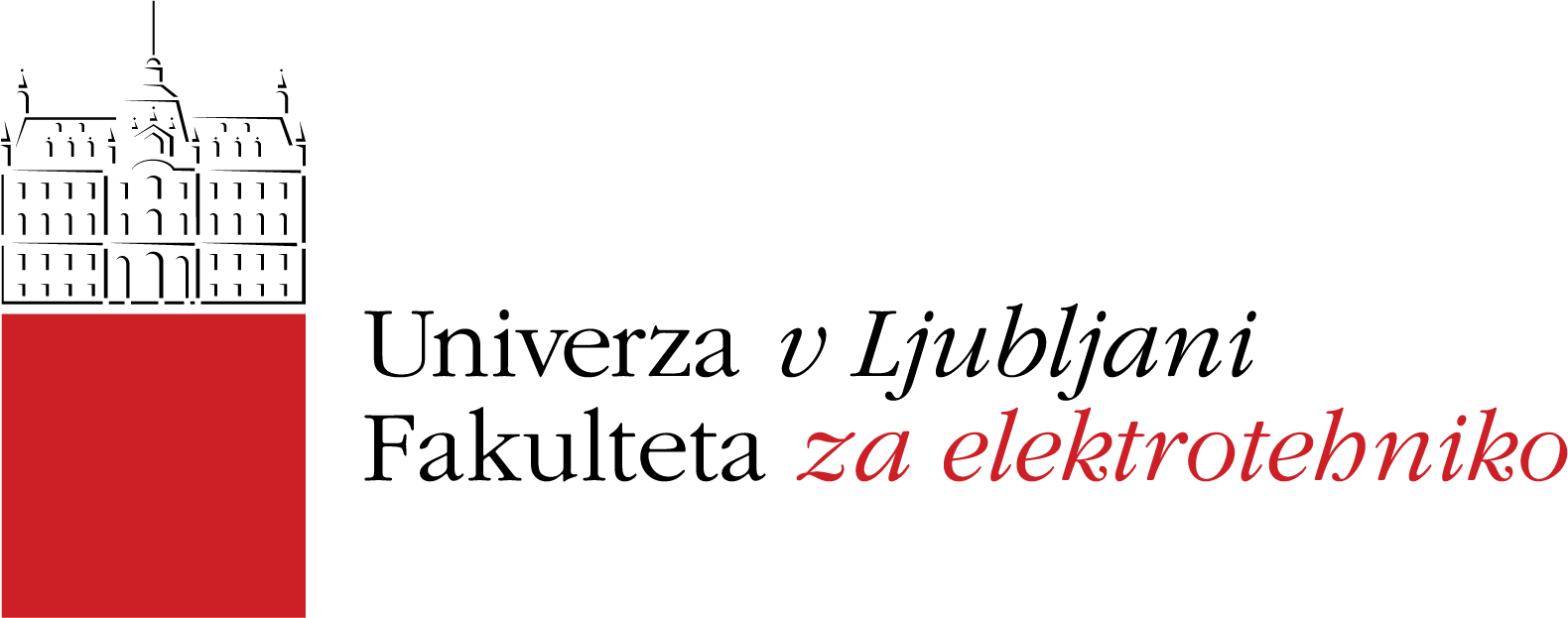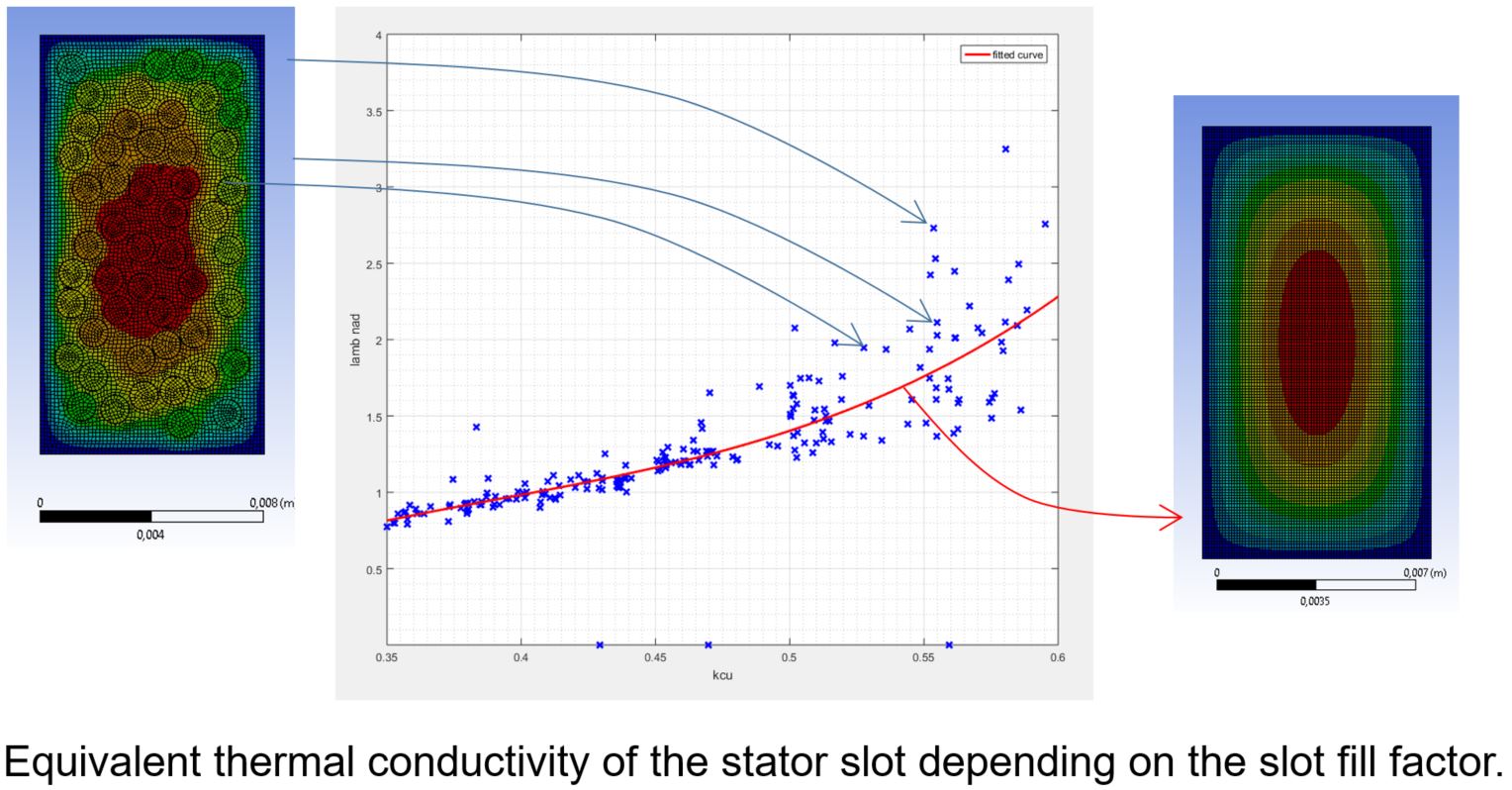MOTZART – Efficient development of electric motor by an expert system and new technologies
Coordinator: SiEVA d.o.o.
Partners: University of Ljubljana – Faculty of Mechanical Engineering, University of Ljubljana – Faculty of Electrical Engineering, University of Maribor – Faculty of Electrical Engineering, Computer Science and Informatics, Hidria d.o.o., Kolektor Group d.o.o.



Project value: EUR 3.156.167,50
Amount of co-financing: EUR 1.998.008
SPS priority area: Mobility
Implementation period: 01/10/2018 – 30/09/2021
Abstract:
The leading Slovenian companies in the development and marketing of electric motors and components for the automotive industry, are supported by the SiEVA development center and two universities on the basis of a new business model in the development of breakthrough tools for virtual development of advanced electromotors. They will combine knowledge and competencies, and with data derived from their real development processes create a single database as a foundation for the development of an innovative expert system for virtual development. It will be complemented by development of new production technologies with constant interconnection with the development of actual prototypes of advanced electromotors, that will be the physical handouts of the project.
The goals of globally established suppliers to the automotive industry, which support the MOBILITY domain with the Systems of e-mobility and energy storage focal area, will be achieved with new investments in the development of equipment and new jobs, and with the project teamwork of all involved partners, each of whom bring their own knowledge and competencies to the project.
In their niche areas, with continued industrialization of technologies and products, they will further consolidate their global position on the electric vehicle market.
Results of the project will be the transfer of knowledge between partners, enhanced competences, increased efficiency of development processes, higher product quality, shorter testing and optimization cycles, and consequently, greater profitability and competitiveness of the partners.
With an open expert system, confirmed by the development of new technologies and products within the framework of MOTZART project, other Slovenian companies will also gain tool for competence growth, research organizations will gain tool for research and education, and Slovenia the positioning among the most competitive countries in the field of electric vehicle components.
Premium efficiency class electrical motors
Research organizations: DOMEL Holding, d.d., DOMEL, Elektromotorji in gospodinjski aparati, d.o.o., University of Ljubljana, Faculty of Electrical Engineering, Laboratory for Electrical Machine


Member of University of Ljubljana: Faculty of Electrical Engineering
Project code: L2-8187
Project title: Premium efficiency class electrical motors
Period: 01.05.2017 – 30.04.2020
Range on year: 1,58 FTE
Head: prof. dr. Damijan Miljavec
Research activity: Engineering
Research organisations: Link to SICRIS
Researchers: Link to SICRIS
Citations for bibliographic records: Link to SICRIS
Research project is (co)funded by the ARIS Slovenian Research and Innovation Agency, DOMEL Holding, d.d., DOMEL, Elektromotorji in gospodinjski aparati, d.o.o.
Abstract:
In a view of the forthcoming European directive on eco-design of vacuum cleaners is the basic purpose of the project proposal to develop energy highly efficient and dimensionally optimized electric motor for vacuum cleaner suction units. The development of the product will allow the project partners from Holding Domel to occupy one of the leading positions in premium (A+, A++, A+++) energy efficient electric motors (electronically commutated permanent magnet motors) producers in the world. While the Faculty of Electrical Engineering, UL, as partner will collect new knowledge from the field of research and development of electric motors and offer an excellent opportunity to the students and researchers to gain valuable knowledge and experience while working in the team of experts from industry, academy and science. The development and implementation of new methodology will be based on precise description of physical phenomena through models underling the operation of electric motors and validated by experimental results. The development of the models will be based on the detailed analysis and coupling of electromagnetic, thermal and mechanical phenomena, which are of crucial importance for better understanding of electric motor. Different complexity levels of electric motor design and development will be analytically and numerically approached. Characterization of physical impacts requires multistage coupled models in 2D as well as analyse in 3D environment based on the finite element method using time stationary and also transient calculation methods. In order to study the area of possible solutions, with the aim of achieving the optimal desired performances, we will employ classical, stochastic and statistically based optimization methods. A new innovative measuring set-up and procedure to determine the properties of developed motors will be integrated into the optimization loop process. This will significantly contribute to the accelerated diagnostics and improvement of the numerical models and their output results. Based on the obtained solutions for the set of high-speed (speed up to 60000 rev/min,) low power »premium« energy class electrical motors the vacuum cleaner suction units will attain higher performances compared to the conventional units. This means that the current efficiency of the electric motor will be improved/increased from 73% to the 88% at the reduced input power to 300 W (A +++), which will in turn result in further increase in the efficiency of suction units from 47% to 55%. The originality of the new family of electric motors will be also manifested in the use of new materials, in a lower amount of built-in material, in lower energy consumption during its production, and in lower acoustic and electromagnetic environmental burden. The main problem that has to be addressed when constructing the high performance electric motors is the reduction the parasitic effects which become more pronounced when the rotation speed is increased and do not have significant negative effects at the conventional operation conditions (i.e. operation conditions at twenty times lower speeds). Namely, the parasitic effects are decreasing the quality of the output properties of the motor while not contributing to the efficient energy conversion. The conventional methodology for design of the high speed electric motors does not take into account the parasitic effects which may result in overestimation of the performance of developed electric motors. The detailed description of parasitic effects requires development and implementation of new coupled physical models connected into the optimisation loops and the detailed analysis in three dimensions. The introduction of new methodology of optimisation and models couplings into the design process of electric motors is a prerequisite for development of a suitable configuration required for the desired efficiency of »premium« energy class electrical motors.
EVA4green – Ecological Safe Car for green mobility
Coordinator: SiEVA d.o.o.
Partners: University of Ljubljana – Faculty of Mechanical Engineering, University of Ljubljana – Faculty of Electrical Engineering, University of Maribor – Faculty of Electrical Engineering, Computer Science and Informatics, COSYLAB d.d., Hidria AET d.o.o., Faculty of Industrial Engineering Novo mesto, Kolektor Group d.o.o., NELA development center d.o.o. , PODKRIŽNIK d.o.o., RLS merilna tehnika d.o.o., TPV d.d., Institute for Construction Slovenia.


Project value: EUR 8.936.962,50
Amount of co-financing: EUR 5.892.004,63
SPS priority area: Mobility
Implementation period: 01/09/2016 – 28/02/2019
The investment is co-financed by the Republic of Slovenia and the European Union from the European Fund for Regional Development.

Project summary:
The EVA4green project brings a concrete plan for the development of 22 new products, whose competitive advantage on the market is demonstrated through 40 innovations and 16 international patent applications. The areas of product development are chosen in such a way as to support the directions of the global automotive industry, the EU strategy and also national development programs.
By developing products, we contribute to achieving important advances in the field of reducing energy consumption and emissions from internal combustion engines, electrification of vehicles, and safety and comfort in cars.
Orientation of research work in four key areas:
- internal combustion engine,
- components and systems for the electrification of the vehicle’s main drive,
- mechatronic assemblies as auxiliary systems in vehicles and
- components and systems for safety and comfort.
Breakthrough solutions are achieved by introducing new materials, reducing the weight of components, developing advanced sensors, introducing solutions from the field of production technologies while simultaneously optimizing concepts and constructions.
